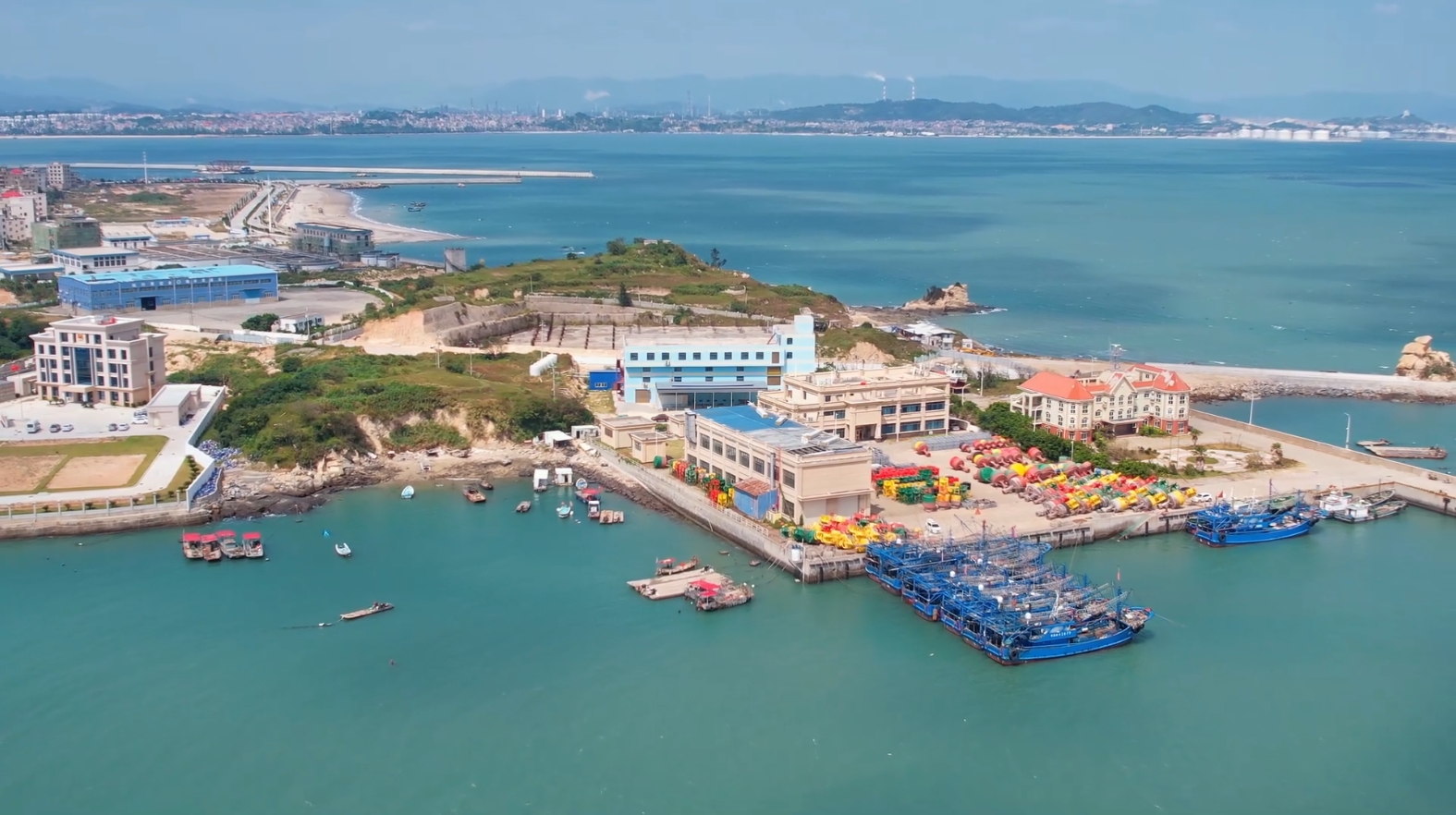 当前位置:
首页 >
当前位置:
首页 >
Rural Revitalization in China: The Story of Yuanjiawan Village
Rural Revitalization in China: The Story of Yuanjiawan Village
In a small village nestled in the rolling hills of Shaanxi Province, China, something remarkable has been taking shape. Yuanjiawan Village, once a sleepy rural community, has undergone a transformation that has turned it into a thriving tourist destination and a beacon of hope for rural revitalization.
The story begins with a group of local entrepreneurs who saw an opportunity to tap into the growing demand for authentic Chinese cuisine and cultural experiences. They formed a cooperative and began to develop a unique brand of farm-to-table products, showcasing the region's signature flavors and ingredients.
Initially, the venture faced skepticism from some villagers who were worried about losing their traditional way of life. But the entrepreneurs persisted, convinced that by working together, they could create a sustainable business model that would benefit everyone in the community.
The breakthrough came when the village council and local authorities recognized the potential of Yuanjiawan's brand and began to support the cooperative with training, resources, and infrastructure development.
Today, Yuanjiawan Village is home to a thriving food culture that showcases its unique 'Huangzhong' flavors. Visitors can sample authentic dishes made from locally sourced ingredients, take part in cooking classes, and explore the village's rich cultural heritage.
The success of Yuanjiawan Village has inspired other rural communities across China to follow suit. According to Ma Liuli, Dean of the Northwest University's School of Economics and Management, 'Yuanjiawan's experience is a testament to the power of grassroots innovation and collaboration. By embracing their unique strengths and working together, they have created a model for rural revitalization that can be replicated elsewhere.'
As China continues to urbanize and its cities grow, the importance of preserving rural heritage and promoting sustainable development in these areas has become increasingly clear. Yuanjiawan Village's story serves as a reminder that even in the most remote corners of the country, there is always potential for growth and innovation.
In recent years, Yuanjiawan Village has expanded its brand to include 17 city-based experience centers across Shaanxi Province, attracting visitors from all over China. The village has also launched regional cultural tourism projects in neighboring provinces like Qinghai, Shanxi, and Henan, further solidifying its position as a leading example of rural revitalization.
For Yuanjiawan's entrepreneurs, the secret to their success lies in embracing local culture and adapting to changing market demands. As Guo Zunwu, one of the village's pioneers, puts it: 'We've never relied on external resources or imposed solutions. Instead, we've focused on building a strong foundation based on our unique strengths and values. That's what has allowed us to succeed and stay ahead of the curve.'
Yuanjiawan Village is just one example of China's rural revitalization efforts. As the country continues to grapple with the challenges posed by rapid urbanization, it is crucial that we learn from successful stories like this one and apply those lessons to other regions.
In the words of Ma Liuli, 'The experience of Yuanjiawan Village serves as a reminder that even in the most remote corners of China, there is always potential for growth and innovation. By embracing their unique strengths and working together, they have created a model for rural revitalization that can be replicated elsewhere.'
As we look to the future, it's clear that Yuanjiawan Village will continue to play a vital role in promoting sustainable development and preserving China's rich cultural heritage.
And so, this small village in Shaanxi Province has become a beacon of hope for rural revitalization, inspiring others to follow suit and harness their unique strengths to create a brighter future. The story of Yuanjiawan Village is one that will continue to unfold, as it becomes an integral part of China's ongoing quest for sustainable development and cultural preservation.




